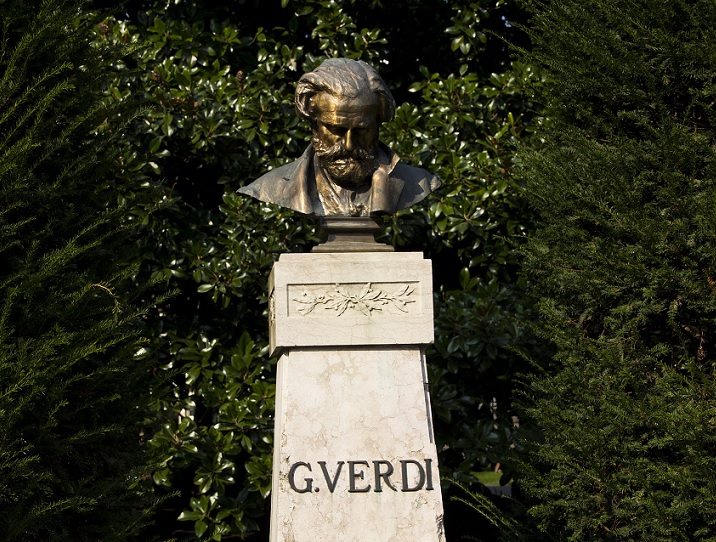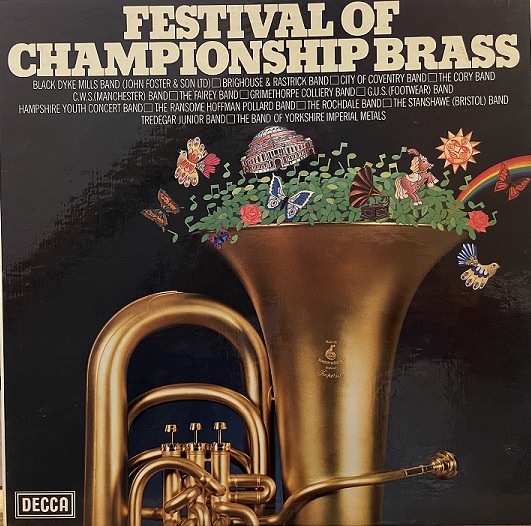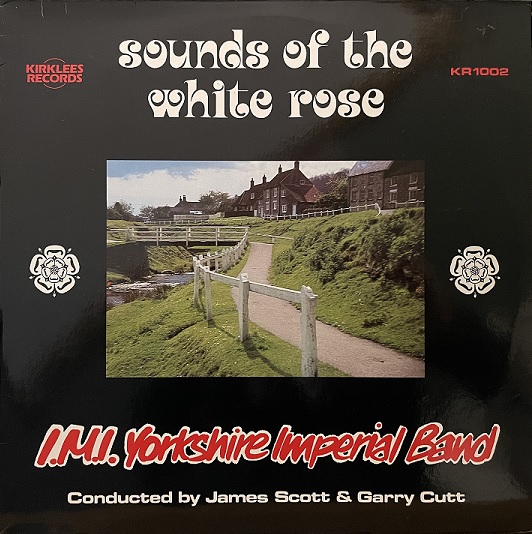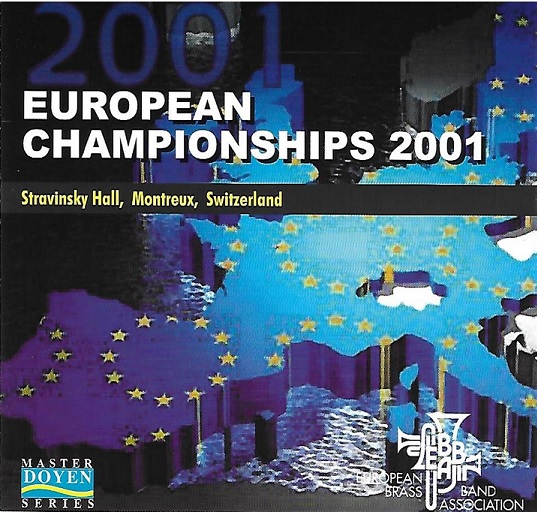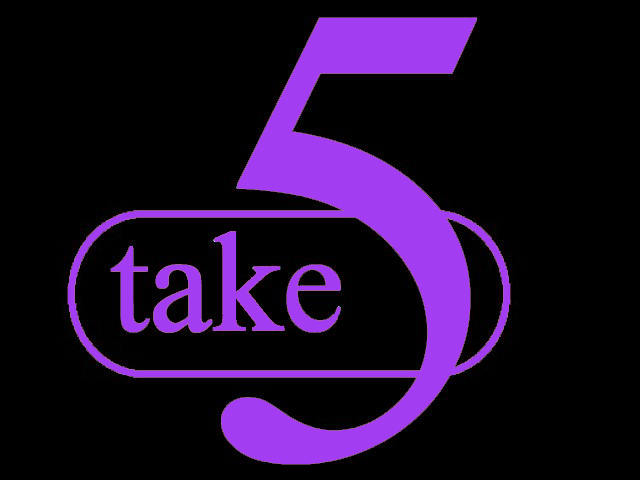
The opera ‘La Forza del Destino’ was written when Verdi’s own musical destiny had well and truly been decided by fate and serendipity.
By 1860 he was rich, famous and semi-retired, although still open to a little financial persuasion to write a work based on what he called a ‘huge and singular drama’ by Angel de Saavedra aided by a libretto by Francesco Maria Piave.
Its premiere in St Petersburg in Russia in 1862 was met with both critical and popular disdain (the plot is bonkers) and Verdi himself said that “opera of cavatinas and duets” was now defunct.
Even when in 1869 he replaced the prelude with the now famous overture, reordered the third act and revised the ending, he was never happy with it – especially as it soon gained a reputation as being cursed following the death of one singer mid performance.
Even when in 1869 he replaced the prelude with the now famous overture, reordered the third act and revised the ending, he was never happy with it – especially as it soon gained a reputation as being cursed following the death of one singer mid performance.
That was rumoured to be the reason why the great Luciano Pavarotti stayed away from it.
Memorable
The brass band arrangement of the overture was made by Frank Wright for the 1962 National Championships of Great Britain – won in memorable fashion by CWS (Manchester) Band under the baton of Alex Mortimer.
It is faithful to the original (although minus the cimbasso from the brass) – right from the opening monotonic clarion call of fate. And whilst the score lacks colour and texture, in the hands of conductors imbued with the passion of Don Alvaro as the ill-fated lover/solider/priest, it certainly rattles along with drama and pulsating excitement.
These then are our five picks in chronological order to seek out and enjoy - although there are plenty more well worth taking the opportunity to listen to again.
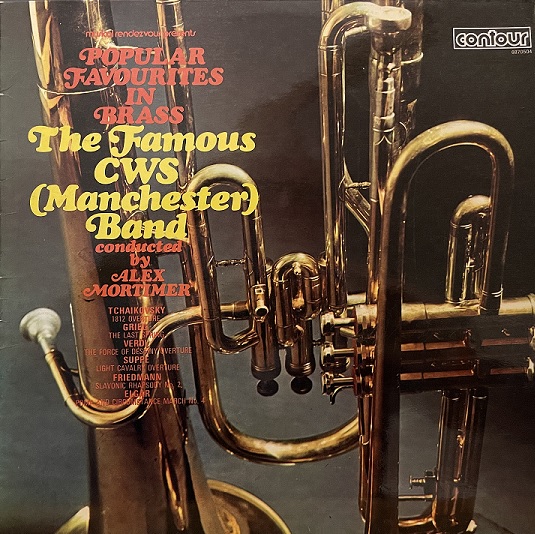
CWS (Manchester) Band (1963)
Popular Favourites in Brass
Conductor: Alex Mortimer
Musical Rendezvous Contour Recordings: 6870504
The original LP recording featuring ‘Force of Destiny’ came out the Fontana label in 1963 (STL 5199) and included the premiere of Gilbert Vinter’s ‘Simon Called Peter’.
This compilation release from 1971 (Grieg’s ‘Spring’ is also included from that recording alongside pieces from 1960 and 1961) was a neat bit of cashing in on the huge back catalogue owned by the record label based in Mayfair in London (and part of Philips/Polydor/Pickwick) - which could boast artists as diverse as Jimi Hendrix to Les Dawson.
By the time we get to the full panoply of the ‘Holy Mother’ theme the MD has already summoned up the musical manifestation of the ineffable Holy Spirit and is careering to an exultant conclusion.
It’s a fantastic performance – as mercurial as the MD himself – and at the apex of their joint powers; temperamentally pulled and shaped with a distinctive stamp of individuality.
There is a literal feel to the ominous foreboding – all plucked articulation balanced by free flowing passion; the wicked ‘Thy Menaces Wild’ – is that and more.
By the time we get to the full panoply of the ‘Holy Mother’ theme the MD has already summoned up the musical manifestation of the ineffable Holy Spirit and is careering to an exultant conclusion.
They don’t make them like this anymore…
Black Dyke Mills Band (1972)
National Brass Band Festival, 1972
Conductor: Roy Newsome
Decca Recordings: SSTBC 7-9
There was a time when the highlights of the National Brass Band Festival were recorded for posterity and commercial LP release, with this performance on a Decca LP SKL 5143.
1972 marked what the programme said was the ‘restoration’ of the Nationals following its ‘World Championships’ interregnum – and the occasion was certainly marked by a memorable winning performance from Black Dyke under Geoffrey Brand as they claimed the British Open/National ‘double’ on ‘Kensington Concerto’.
A few hours after their success the band took to the stage once again to give this scorching performance under Roy Newsome that almost lifted the lid on the old biscuit tin hall. It simply throbs with excitement – with the Queensbury band’s lower brass in particular on fantastic form.
It’s all topped by the great James Shepherd leading the way like a balletic gatling gun in triplet fire mode before the MD summons an extra gear of adrenaline inspired brilliance to round things off.
As live performances go (and this one can be found on this great three disc compilation), this takes some beating.
I.M.I. Yorkshire Imperial Band (1987)
Sounds of the White Rose
Conductor: James Scott
Kirklees Records: KR 1002
The last period of 1980s elite level success for ‘Imps’ came under the great James Scott at the professional helm and with a young tyro by the name of Garry Cutt as Resident Conductor.
They came runner-up at the 1987 Yorkshire Area, and although failing to make the frame at the British Open they ended the year with a podium finish at the Nationals and the following March returned to win Area title.
James Scott’s insistence on balance, style and musicality seeps through – even at a whip-lash pace that is held in knife-edged check.
Renowned for their power and robust approach, the duo inspired a sheen of polish and elegance to their playing that is heard to wonderful effect.
It’s a lean, scintillating rendition of the Verdi overture, recorded in December 1987 with the likes of Alan Exley, David Carder, Mike Kilroy and Stephen Clayton in the ranks.
James Scott’s insistence on balance, style and musicality seeps through – even at a whip-lash pace that is held in knife-edged check. Nothing overdone except for the sense of expectation of the operatic action to come.
It’s a perfect prelude to the opening act.
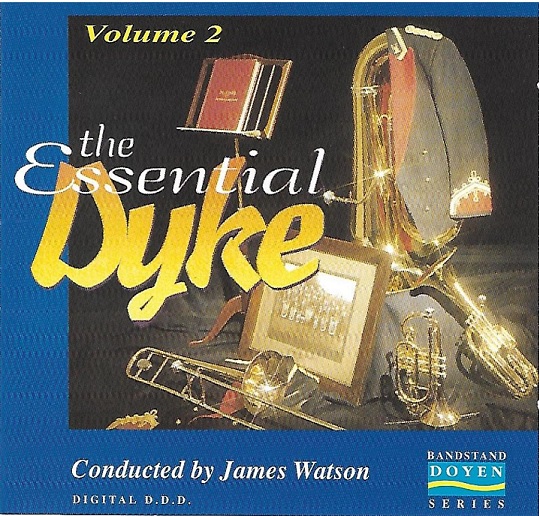
Black Dyke Band (1998)
The Essential Dyke: Volume 2
Conductor: James Watson
Doyen Recordings: DOYCD081
The tail end of James Watson’s tenure at Black Dyke had its trials and tribulations, but at its peak it was as musically resplendent as just about any period in its history.
The band had just claimed its last title under his baton (the Yorkshire Area) and still had the Watson stamp of distinctive, passionate individuality about its playing that had the ability to make the hairs on the back of your neck stand on end.
That was certainly the case here on an ‘essential’ recording which certainly lived up to its billing, with a selection-box of pieces that encapsulated a wide variety of genres and styles (including a super ‘Cleopatra’ from Matthew Baker and meaty renditions of ‘Le Domino Noir’ and ‘Slavonic Rhapsody No.2’).
The MD allows the Verdi to bite and snap with feral intensity – but all the time still feeding it adrenaline cat-nip so that nobody is left in any doubt just what a beast he is taming in the process.
It’s bold and brazen and all a bit brilliant too.
To enjoy and purchase: https://wobplay.com/
Yorkshire Building Society Band (2001)
Highlights from the European Brass Band Championships 2001
Conductor: David King
Doyen Recordings: DOYCD125
Alex Mortimer and David King share the same musical DNA. Almost 40 years apart, the visceral interpretations of Verdi’s score could be sibling matches.
Each revel in their mercurial approach – especially the Australian who took to the stage in Montreux for this Gala Concert performance with the destination of the title itself yet to be confirmed.
It’s one heck of a roller-coaster ride - at times scrabbling for grip like a spaniel on wet lino, yet the more they hang on the more brilliantly exciting it becomes.
It was though as if he was determined to leave the packed hall in no doubt that what they were listening to was the not just the best band in Europe, but the best band in the World.
It’s one heck of a roller-coaster ride - at times scrabbling for grip like a spaniel on wet lino, yet the more they hang on the more brilliantly exciting it becomes.
The applause after the last few bars are thumped out to emphasise the musical point is one of fevered confirmation.
It’s a conductor and band at the peak of their persuasive powers.
To enjoy and purchase: https://wobplay.com/



